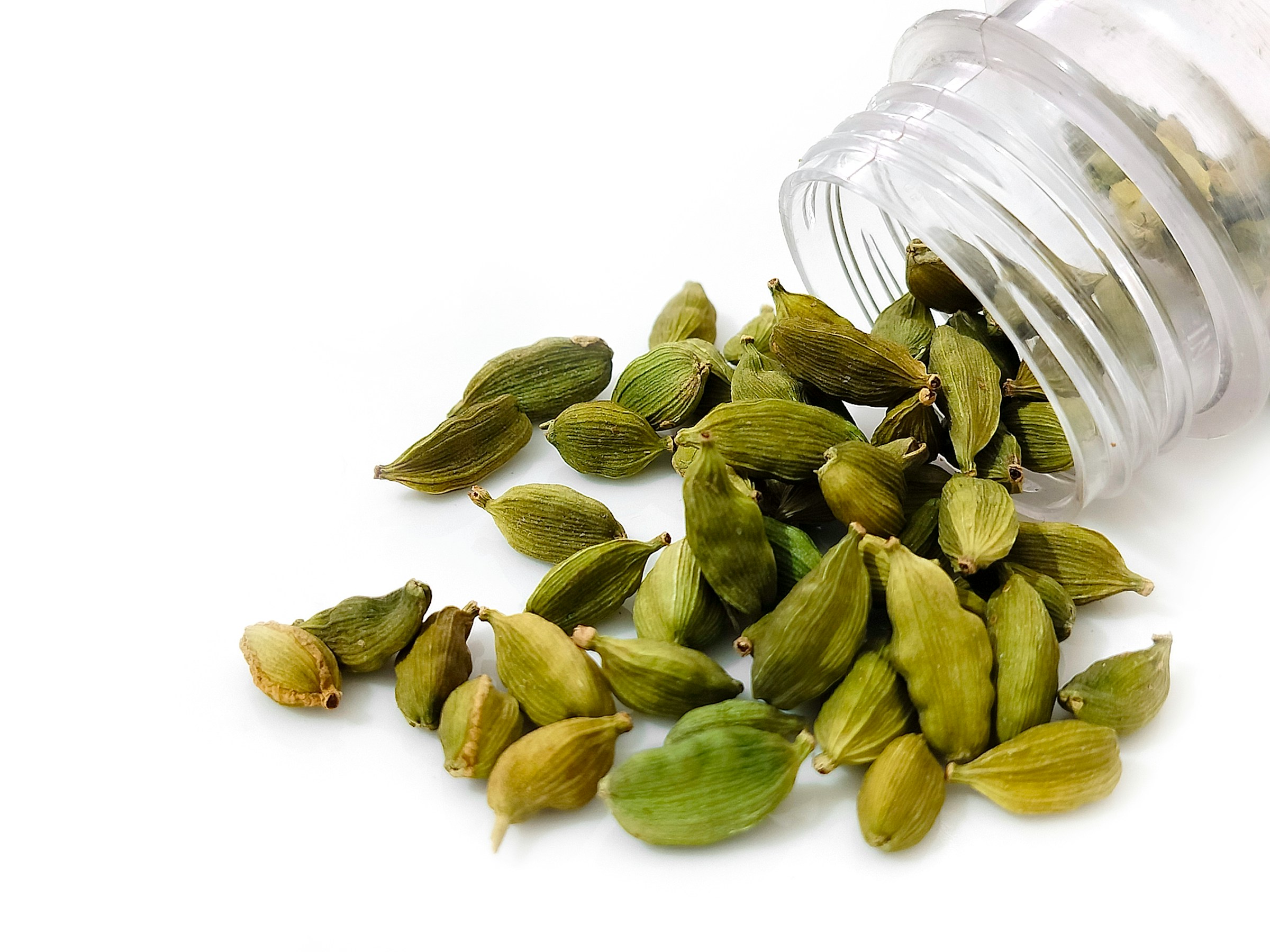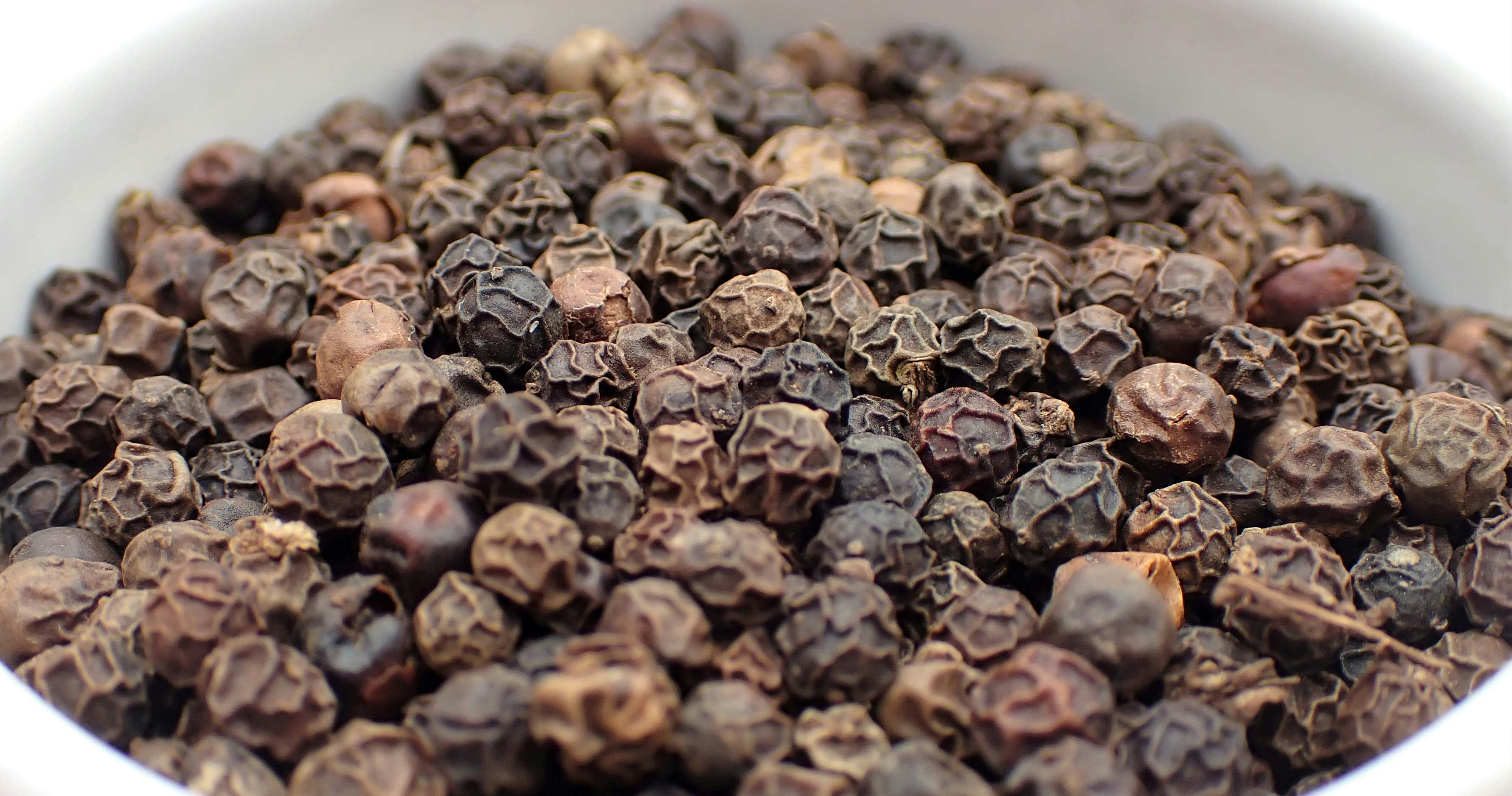The Delicate and Aromatic World of Arabica Coffee

Arabica coffee is connected with a refined coffee experience, known for its delicate flavours and aromas. Coffea arabica dominates the global coffee market, accounting for roughly 60-70% of production. Its origins may be traced back to Ethiopia's old coffee woods, where it was found growing organically in the highlands. Prior to Arabica coffee's arrival in Yemen, indigenous tribes relished the beans' stimulating properties. Coffee was grown and traded there before moving to the Middle East, where coffee shops established cultural hubs. Arabica coffee spread from its origins to Europe and the New World, where it became trendy.
What distinguishes Arabica coffee is its exceptional taste and aromatic profile. Arabica beans are prized for their mild, sweet flavour, which frequently includes notes of fruit, almonds, and chocolate. This richness is enhanced by a rich scent, which may include flowery and fruity undertones, making each cup a sensory joy. Arabica coffee is also noted for its strong acidity, which contributes to its bright, energetic character. Arabica beans contain more sugar and less caffeine than other coffee kinds, such as Robusta, resulting in a smoother, less bitter taste. The beans are oval-shaped, larger than Robusta, and have a pronounced curving fold on one side.
Arabica coffee plants need specific growing conditions to thrive, which makes them more delicate and difficult to nurture. These plants are often grown at high altitudes (2,000 to 6,000 feet above sea level), where the environment is colder and rainfall is plentiful. The ideal growing conditions for Arabica coffee are 60-70°F (15-24°C), with enough of shade to shield the plants from direct sunlight. Ethiopia, Colombia, Brazil, and Central America produce some of the world's best Arabica coffee beans. The combination of high altitude, rich volcanic soil, and optimal temperature conditions makes these places ideal for growing high-quality Arabica beans.
Arabica coffee cultivation is a laborious and meticulous procedure. The plants take approximately 3-4 years to grow and begin producing cherries. Harvesting is usually done by hand, ensuring that only the ripest cherries are picked. Following harvest, the beans are frequently processed using the wet method, which entails removing the outer pulp and fermenting the beans to improve their flavour. After processing, the beans are dried, sorted, and roasted. Roasting is an important step in establishing the coffee's ultimate flavour profile. Light roasts retain the natural tastes and acidity of the beans, whilst medium and dark roasts produce a richer, fuller body.
Arabica coffee's enormous popularity stems largely from its great taste and aroma, which appeal to both coffee connoisseurs and casual drinkers. Its rich flavour profile, including fruity, chocolaty, and nutty undertones, makes it adaptable to numerous brewing methods, including pour-over, French press, espresso, and cold brew. Aside from its delicious taste, Arabica coffee has various health benefits. It is a gentler alternative for caffeine-sensitive people because it contains less caffeine. Furthermore, the antioxidants in Arabica coffee can help reduce inflammation and boost general health.
Arabica coffee exemplifies the rich history and craftsmanship that go into creating one of the world's most popular beverages. Its Ethiopian roots, rigorous cultivation, and exquisite flavour profile elevate it above a cup of coffee to an experience that links people across countries and generations. So, the next time you enjoy a cup of Arabica coffee, take a moment to appreciate its journey from Ethiopia's highlands to your mug, where each sip represents tradition and the timeless love of coffee.


















